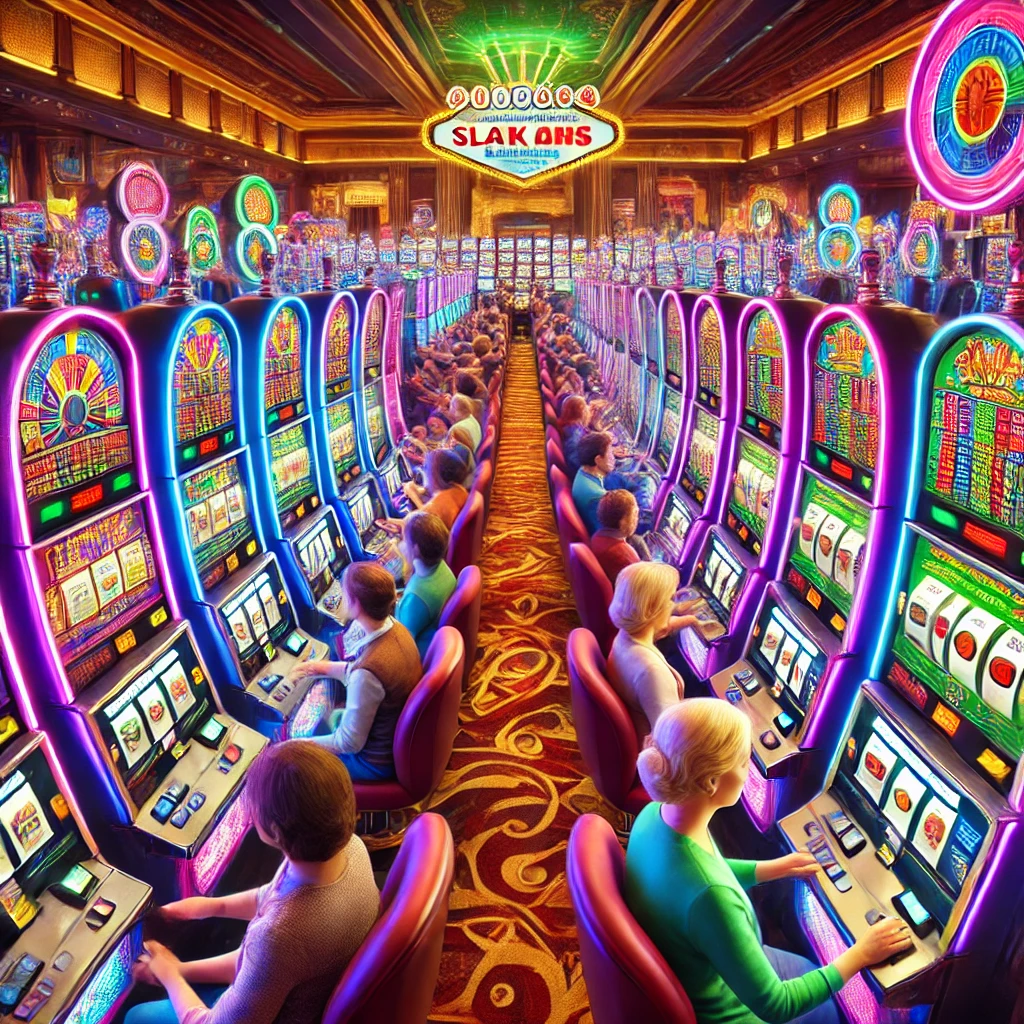Benefits Of Gambling On The Economy
Many regions around the world leverage gambling to boost their economies through taxes, licensing fees, and consumer spending from casinos, lotteries, sports betting, and online gambling platforms. The gambling industry is a key economic driver in cities renowned for their gambling scenes, such as Las Vegas and Macau, attracting millions of tourists annually. These visitors not only contribute to gambling revenue but also spend on hotels, restaurants, and entertainment.
The gambling sector also creates jobs across various levels, from casino employees and management to ancillary industries like hospitality and transportation. This employment reduces unemployment rates and provides a steady income for many. Additionally, gambling often necessitates significant infrastructure, such as electricity and water projects, generating funds through both its own revenue and public money.
Revenue For Governments
One of the most significant economic benefits of gambling is the revenue it generates for governments. Gambling taxes are a crucial source of public funds, supporting essential services and major projects. For instance, state lotteries in the United States frequently allocate some of their revenue to education, healthcare, and social programs. Gambling operators also pay substantial fees, contributing to a recurring revenue stream for governments. Licensing comes with strict regulatory conditions to ensure fair play and consumer protection, enhancing confidence in the industry’s reliability and stability.
Social and Economic Costs
Despite its economic benefits, gambling has social and economic costs. Problem gambling, or addiction, can lead to severe financial and personal difficulties, including bankruptcy and debt. These issues often result in increased demand for social support services like mental health resources, counseling, and financial aid.
The impact of problem gambling extends to families, communities, and workplaces, causing lost productivity, absenteeism, and higher healthcare costs. Social costs include increased theft, fraud, and domestic violence, putting additional strain on the criminal justice system and social services.
Balancing Benefits and Costs

Policy makers face the challenge of balancing the economic benefits and social costs of gambling. Effective regulation is crucial to manage these aspects, ensuring that both the economy and society benefit. Regulatory measures may include intensive licensing requirements, branding limitations, problem gambling training, and regular inspections to ensure compliance.
Promoting responsible gambling practices through self-exclusion programs, spending limits, and real-time control can help minimize addiction risks. Public awareness and education about gambling dangers complement these efforts, creating a safer environment for responsible gamblers.
Online Gaming Economic Impact
Online gambling has significantly impacted the gambling industry’s economy by attracting a broader range of participants due to its convenience and accessibility. This growth has spurred competition, innovation, and improvements in the sector.
Online operators benefit from lower overhead costs compared to brick-and-mortar casinos, allowing them to offer better odds and promotions. This increased employment in online gambling contributes to higher tax revenue for governments. However, the convenience of online gambling also raises concerns about higher problem gambling rates, underscoring the need for effective regulatory frameworks to maintain a safe and fair environment.
Economies of Gambling Across the Globe
The economic and social impacts of gambling vary regionally and culturally. In countries like the UK and Australia, well-developed regulatory frameworks support responsible gambling while providing substantial economic benefits. Conversely, in Asian and Middle Eastern countries where gambling is restricted or banned due to cultural or religious factors, unlicensed gambling sites can proliferate, leading to loss of tax income and increased social costs.
Addressing these issues requires a balanced approach that respects cultural values while recognizing the economic advantages of regulated gambling.
Economic Changes in the Gambling Future
The future of gambling economics will be shaped by technological advancements, government policies, and changing consumer preferences. Innovations such as virtual reality (VR), augmented reality (AR), and blockchain technology are expected to enhance player engagement, transparency, and security.
As the industry evolves, its economic impact will likely increase, presenting both opportunities and risks. Policymakers, operators, and stakeholders must collaborate to optimize the benefits of gambling while mitigating social and economic costs through responsible gaming practices and effective regulatory measures.
